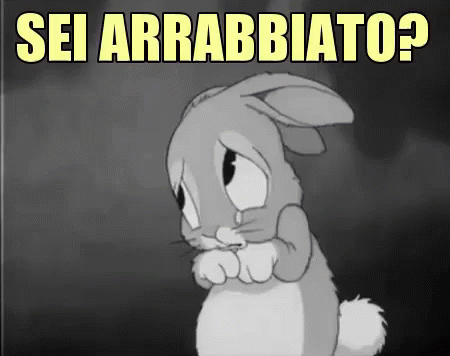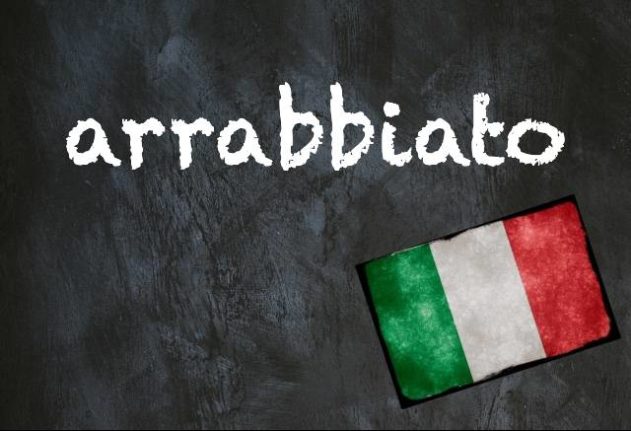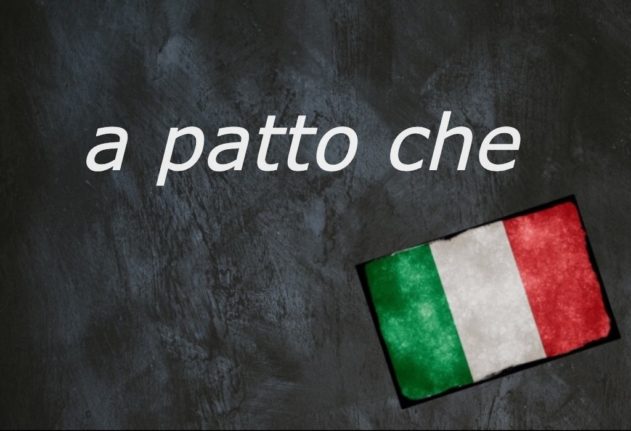If you haven’t succumbed to a fit of rage living in Italy, you’ve almost certainly seen someone else fly into one, whether it’s driving through a crowded city centre or dealing with a stony-faced bureaucrat.
In Italian, you’d describe a person in this condition as arrabbiato/a: enraged or irate.
Non l’aveva mai vista così arrabbiata.
He had never seen her so angry.
Giorgio non risponde alle mie telefonate, credo sia arrabbiato con me.
Giorgio won’t answer my calls, I think he’s angry with me.
If arrabbiato/a means furious, the reflexive verb arrabbiarsi means to get angry or work yourself into a rage.
Mi sono arrabbiata con lei perché mi ha fatto fare tardi al lavoro.
I got angry with her because she made me late for work.
I miei si sono arrabbiati tantissimo quando hanno scoperto che saltavo la scuola.
My parents were really angry when they found out I’d been skipping school.

The noun rabbia means both ‘fury’ and ‘rabies’, presumably because onlookers observed that patients infected by the disease started behaving furiously and foaming at the mouth. Both meanings derive from the Latin rabere, to rave.
Si è scatenato in una rabbia.
He flew into a rage.
Non avvicinatevi a quel cane, potrebbe avere la rabbia.
Don’t go near that dog, it might have rabies.
Besides ‘angry’, the word arrabbiato after a noun can also (less commonly) describe someone who is extremely dogged or relentless in their beliefs or actions, or who does something to excess.
È un’animalista arrabbiata.
She’s a fierce animal rights activist.
È un giocatore d’azzardo arrabbiato.
He’s an inveterate gambler.
And if you’ve tasted home cooking in the Lazio region around Rome, you might have had sugo all’arrabbiata – a simple sauce made from tomatoes, garlic, olive oil and chilli flakes.
It gets its name from its strong flavour and the fact that it’s a little spicy, which is very rare in Italian cooking outside of the Calabria region.
Mangiamo le penne all’arrabbiata per cena?
Shall we have penne with arrabbiata sauce for dinner?
Do you have a favourite Italian word you’d like us to feature? If so, please email us with your suggestion.
Don’t miss any of our Italian words and expressions of the day by downloading our new app (available on Apple and Android) and then selecting the Italian Word of the Day in your Notification options via the User button.



 Please whitelist us to continue reading.
Please whitelist us to continue reading.
Member comments